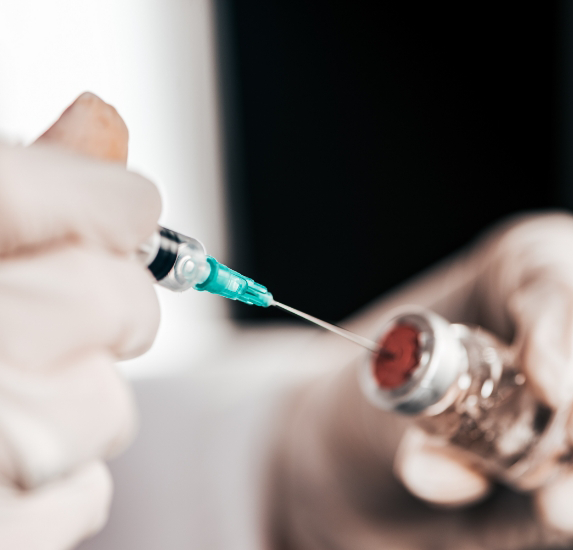Addiction Treatment Kansas City
Medical Solutions for Drug & Alcohol Addiction
As medical conditions, substance use disorders should be addressed using medical treatments. At least that’s the way we see it at B&L Medical Group, LLC. No two addiction patients are the same, and we use a non-judgmental, personalized approach to customize your treatment. Especially at the beginning, it may take some time and experimentation to identify the right solution for your case, but we are committed to helping you achieve your sobriety goals. Contact us today to see if any of these addiction treatments in Kansas City could be successful for you.
Medication-Assisted Treatment (MAT)

Although support and other therapies are undoubtedly necessary and effective in recovering from addiction, medication can help significantly. Medication-assisted treatment (MAT) takes advantage of innovations to achieve and maintain sobriety as well as prevent fatal overdose. Just keep in mind that not all medications will work equally well for everyone. For some patients, certain medications may not be a good fit. We will work with you to determine which solution and dosage can best help you.
Buprenorphine

As one of the FDA-approved medications to treat opioid use disorder, buprenorphine is what is called a partial opioid agonist. This term just means that it creates a much milder euphoric effect than the opioids themselves, helping patients avoid severe withdrawal symptoms and reduce cravings of further potential use of stronger opioids. This chemical serves as a main ingredient in many brand-name treatments that we use at B&L Medical Group, LLC and can be administered safely and effectively in several ways, depending on your needs.
Learn More About Buprenorphine
Suboxone

This medication is one of the more common treatments for opioid use disorder. According to Harvard Medical School, it can lower the risk of fatal overdose by as much as 50 percent. Suboxone combines buprenorphine and naloxone and is a partial opioid agonist and helps with withdrawals—even for those getting off harder opioids or narcotics like heroin and fentanyl. It provides only a fraction of the euphoria of opioids, easing the patient away from these more dangerous addictive drugs.
Sublocade Injections

Like Suboxone, Sublocade contains a form of buprenorphine for opioid addiction, but instead of coming in pills, this medication comes in the form of a monthly injection given in the office. The medication is delivered just below the skin and is released into the body slowly, yet continuously helping the patient experience less intense cravings and withdrawal symptoms throughout the month with minimal interruption to daily life.
Naltrexone

Typically, naltrexone is prescribed in pill form and is taken every day to manage alcohol or opioid addiction. Blocking receptors in the brain, this medication helps to curb cravings. With some other treatment options, you can become dependent on the medication, but one of the major benefits of naltrexone is that it is not an opioid and doesn’t create dependency, which means you won’t experience withdrawal symptoms if you stop taking this treatment.
Vivitrol Injections

Vivitrol is an extended-release injectable form of naltrexone that can be used to treat opioid and alcohol addiction. It is given monthly as an intramuscular injection and works by blocking receptors in the brain so that you don’t experience intoxication or euphoria from alcohol or opioids. It also alters how the hypothalamus, pituitary gland, and adrenal gland interact with each other, lowering your desire to drink or take these addictive medications.

